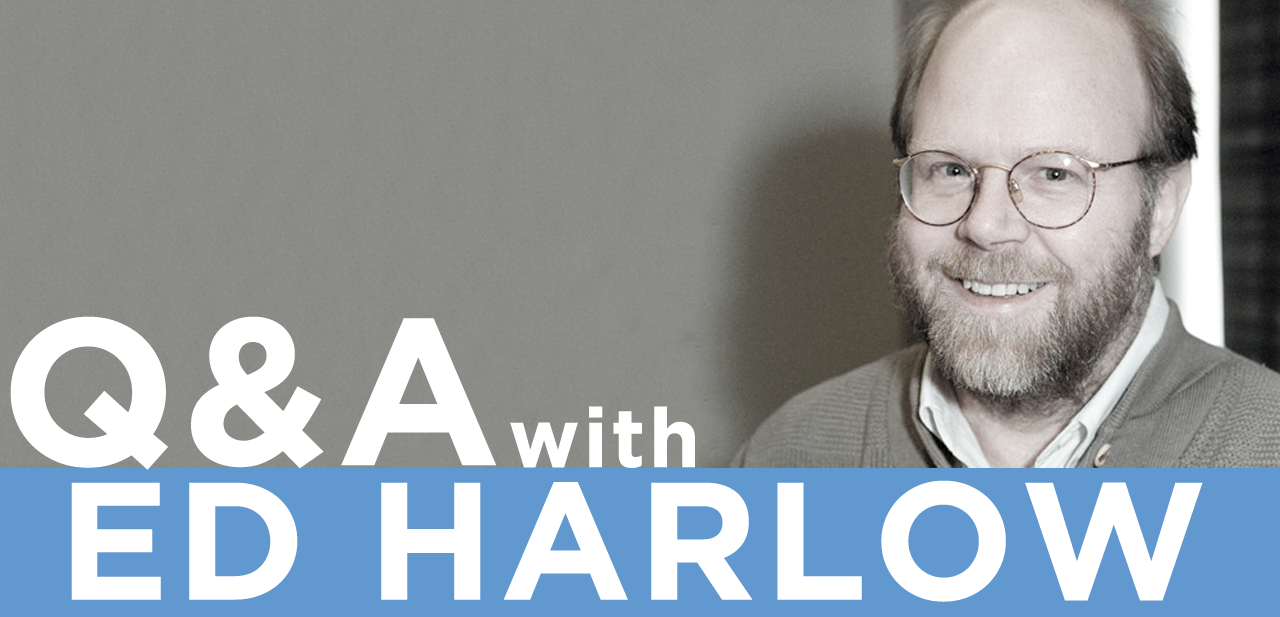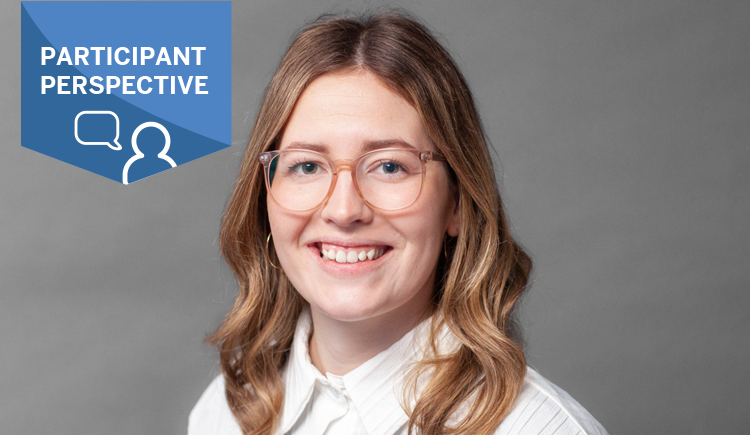
Q&A with Prof. Ed Harlow, High-Impact Cancer Research program co-director
Ed Harlow, Special Assistant to the Director of the National Cancer Institute, HMS Ludwig Professor of Cancer Education and Research, and a co-director of HMS High-Impact Cancer Research program, answers a few questions about himself and the program.
Q: What should people know about you, Professor Harlow?
Professor Harlow: I came to Harvard in 1990. I moved here from Cold Spring Harbor Laboratory in New York where I’d been an investigator for about a decade. I’ve worked mostly on trying to understand the difference between normal cells and cancer cells, what mutations occur, and how those drive the development of a cancer’s phenotype.
Around 1998, I became Chair of one of the departments at Harvard Medical School and after about a decade I decided to go to industry. So I left Harvard for a couple years on a leave of absence and became the Chief Scientific Officer of a small biotech company, Constellation, in Cambridge. We were making small molecule anti-cancer drugs to combat what are known as epigenetic targets, which are regulators of gene expression and cells and I was involved in that work for a couple years.
When I went off with the biotech company, I closed Harlow Lab and when I returned to HMS I decided not to reopen it. For the last six years, I've been splitting my time between Harvard and the National Cancer Institute in Washington D.C. as a special advisor to the director of the National Cancer Institute in which I work on a whole range of problems involved in the nation's cancer research projects.
While at Harvard I've been involved in a number of administrative projects and teaching, such as the High-Impact Cancer Research (HiCR) program for HMS Postgraduate Medical Education.
Q: What does the HiCR course emphasize and what can students expect to get out of it?
Harlow: HiCR is a certificate course that is currently in its second year. It serves as a relatively introductory course to many of the aspects of cancer biology. This includes the properties of cancers--their cells, the tumor cells themselves, their micro-environment, the development of the tumors--as well as choosing a series of tumor sites and particular tumors that are instructive of major properties of the development of human cancer. We do a fair amount on the clinical side and half on the basic side.
Q: Do you teach this course alone or with other colleagues?
Harlow: Yes, Peter Howley, MD, and George Demetri, MD co-teach the HiCR course. Peter’s lab is here in the Medical School and George Demetri is a clinician and professor at Harvard, but his primary appointment is at the Dana Farber Cancer Institute. As such, we bring different aspects of the subject material to this course.
Q: Did they come to you to help design this course or were they offering it in another form?
Harlow: No, we all came together to organize it for the first time.
Q: Does HiCR feature any hands-on laboratory work or is it mostly an instructional course?
Harlow: There’s no hands-on work though we incorporate several teaching tools to try to bring different aspects of the information together. The bulk of the year-long course includes approximately 60 pre-recorded online lectures that the students can listen to at their own pace and convenience. Students receive periodic quizzes after they have viewed a certain number of lectures in order to monitor their progress. That's one of the teaching mechanisms.
Another mechanism that we use is live webinars. They allow participants across the globe to connect over the web and take part in a live teaching experience. We use the webinars to give lectures and also to conduct reviews. This way, we can highlight the last series of lectures and ensure that if people have questions about the work they can ask us.
We also meet several times a year for face-to-face workshops. Everyone travels to a particular city around the world and we spend between three to five days together in pretty intense lectures and discussion formats. Additionally, we offer an angle of the course via peer-to-peer learning. In particular, we have a series of assignments we distribute to the students about different aspects of the material, which they work on in groups. As our students come from across the globe, they're responsible for collaborating by some sort of electronic medium, usually video.
Q: What’s the academic or professional background of your students?
Harlow: We get everything. It's primarily for professionals, so the course participants are mostly people that have completed some kind of a senior professional degree--mostly PhD.'s or M.D.'s or MD PhD.'s. There are a few graduate students, but not too many, and they’re senior in their development. We have engineers and chemists. We have oncologists. We have M.D.'s that come from other disciplines that either want to learn about cancer, current views on cancer biology, or are thinking about changing their professional direction. Overall, we get a vast array of experiences and backgrounds represented in the people taking the course.
Q: Are there any new topics you might add in to the subsequent course?
Harlow: At the moment we aren’t planning on changing the general direction of the topics, but we realize that there have been some gaps and we are recording new lectures to address them. We have had a couple faculty who we really wanted to give lectures, but couldn't actually do it due to scheduling. Luckily, we've been able to take advantage in the recent months to add them in. Other than that, the general direction will be pretty similar. About half of the course will be on cancer biology and about half the course will be on the clinical side -- clinical examples of cancer and the major principles that one should learn from thinking about the development of those cancers.
Q: Do you have anything else you want you want to add?
Harlow: The students have been extremely interactive and deep participators. They've been fabulously involved in the course material. Watching how deeply they delved into the process, especially during face-to-face workshops, and how excited they've been about the course overall has been really rewarding to witness as an instructor. It's clear that we've sort of touched a nerve with individuals who are deeply interested in trying to pick up this information that they haven’t been able to get from their past training. I think that's interesting, as well as something I find very gratifying about the whole process.
Written by Laura Kiesel


